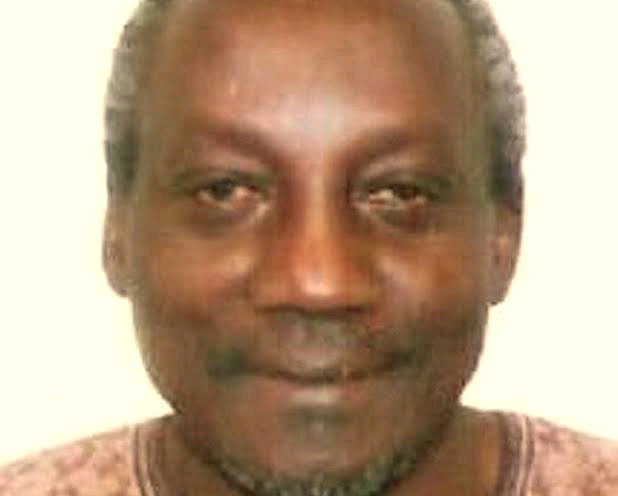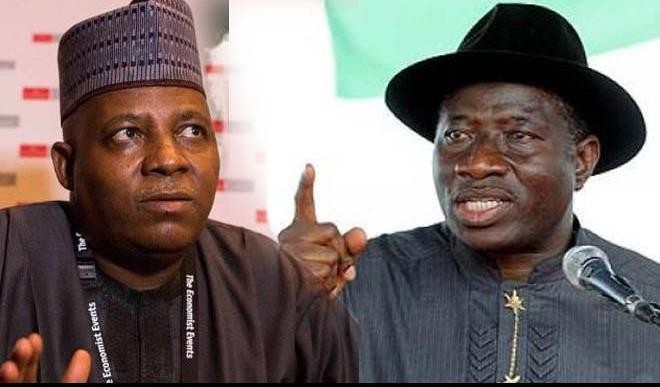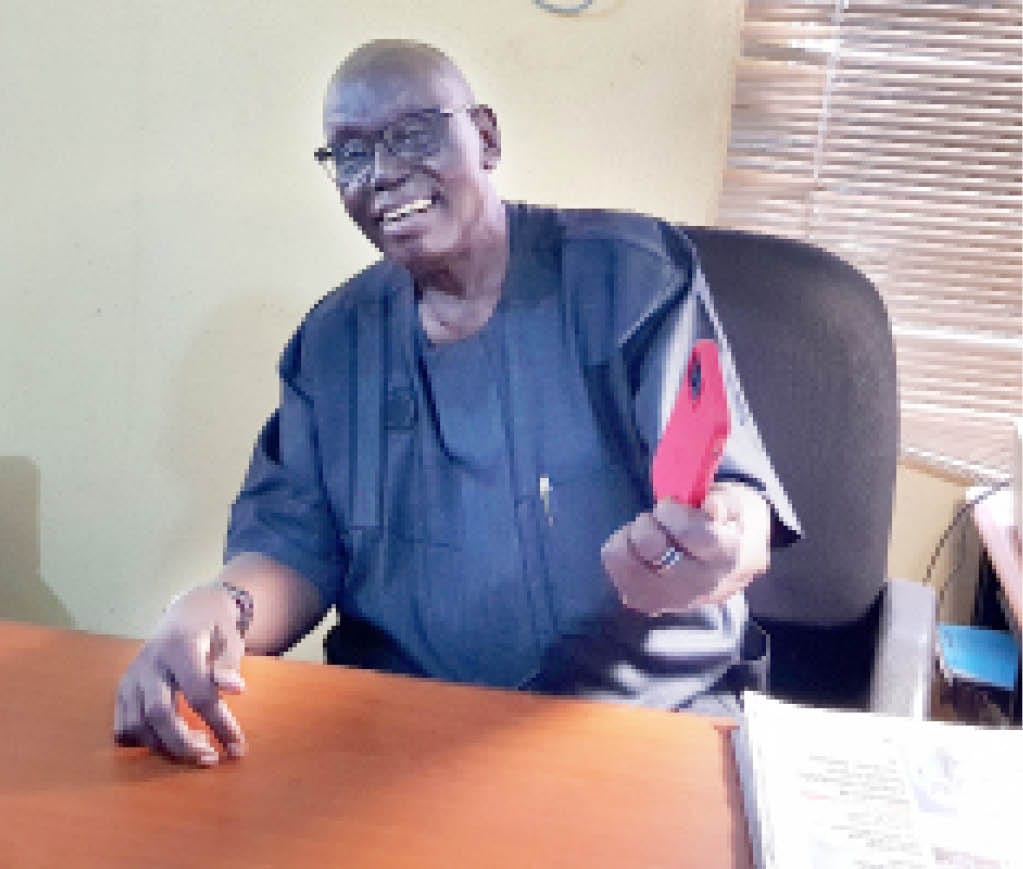By
Yusuf Bangura
Ottawa, Canada
26th July, 2025
Bangura.ym@gmail.com
————————————-
I received the shocking news of the passing of Okello Oculi, the Ugandan scholar who lived 48 years of his life in Nigeria, while I was on the train to Ottawa from Kingston-Ontario. It was difficult to process the news because I had exchanged messages with him three days ago. He didn’t sound like that was the last I would hear from him. He even received the video messages on our boat cruise to 1,000 Islands in Kingston that I sent him yesterday. Life is brutally unpredictable.
He was very much his usual self in our recent exchanges—upbeat, insightful and provocative. He talked about Europe’s massive investments in music as a cultural resource to entertain the upper classes, while the lower classes derived pleasure from what he referred to as ‘’vulgar’’ sports like football and beer. As a lover of football, I retorted that football is creative and entertaining. In the same message, which was a reaction to stories of my current visit to Canada, he suggested that I should also visit China and inform African governments about the value of tourism as a national resource.
Ever since I met Okello at Ahmadu Bello University (ABU) in 1980, Africa had always been front and centre his writings, advocacy and politics. He lived and breathed Africa. He was a passionate and relentless advocate of a united and prosperous Africa that can assume big power status in world affairs.
His most famous project for canvassing these ideas was the Organisation of African Unity Mock Summits, which he organised every year as part of his undergraduate course on public administration at ABU. Students were required to represent the policy positions of African countries, prepare governmental position papers, and debate issues at mock summits—in short, mimic the speeches of heads of states in continental conference settings. Students loved it. Indeed, one of the students in my Contemporary World Economy course even decided to forgo a test I had scheduled because of the mock summit.
Some of us in radical political economy were sceptical at the time about the value of using the OAU to advance a pan-African unity project. And there were good reasons for the scepticism. By the 1980s, when the mock summit was at its peak at ABU, the OAU itself had lost much of its foundational idealism. Military dictators and one party authoritarian regimes with no real commitment to unity, development and independence, had taken root in the continent.
But Okello saw the issues differently and persevered in promoting his project. He seemed convinced that young Africans with pan-African values could play a catalytic role in getting African leaders and OAU bureaucrats to take the foundational ideals of the organisation seriously.
I later learned that when he left the university, he took the mock summit to secondary schools in Nigeria, and even staged a performance at the AU headquarters in Addis. From an academic standpoint, it could be argued that the biggest contribution of the mock summit at ABU was the incentive it provided to students to study at least one African country other than Nigeria.
Okello was working on a book project on Diallo Telli, the OAU’s first Secretary General, in the last six months of his life. He wasn’t happy with the way Diallo was killed by Guinean president Sekou Touré. Diallo was imprisoned at the notorious Camp Borio in 1976, tortured and denied food (given the so-called black diet) until he died in 1977. Shockingly, the OAU, which he served with distinction for eight years, didn’t have the courage to condemn the horrendous crime or even issue a statement.
Okello told me he was trying to mobilise some progressive lawyers to force the Guinean government to account for Diallo’s death. He wanted to use Diallo’s 1969 speech at the Pan-African Cultural Festival in Algiers for his book on Diallo. I wrote to the Royal Anthropological Institute in London to help him secure a copy of the speech from their archives. However, even though he pushed me hard to become a contributor, I declined his offer because of other commitments. Unfortunately, the few Guinean and Sierra Leonean scholars I recommended to him also had other pressing commitments.
In much of our correspondence in the last six months, Okello demonstrated a strong determination to honour Diallo and seek justice for his barbaric death. We talked about Diallo almost every week. He wanted me to join him in mobilising African public figures to establish a Diallo Telli prize on ‘’creativity, courage, brilliance, and industry’’ for African diplomats. He told me he had sent an application for financial support to the Dangote Foundation. This was what he wrote to me on 21 May, 2025:
‘’Nominations would be made by African Ministries of Foreign Affairs from among their diplomats. A panel nominated by the DANGOTE FOUNDATION would examine the CV of each NOMINEE and announce winners from each of 6 REGIONS of the AFRICAN UNION. A Continental winner would emerge from these regional stars. Perhaps you could HELP with promoting this PROJECT. Both YOU and ME will almost certaintly miss out.’’
I supported his idea of having a Diallo Telli prize, but tried to impress on him the need to establish an independent foundation for this. The idea of restricting nominations to African diplomats didn’t also sit well with me. But I admired his energy to dream up big ideas about pan-Africanism.
The last time I saw Okello was in December 2024 when I was in Abuja in connection with Jibrin Ibrahim’s (Jibo’s) 70th birthday celebration. Jibo and his wife, Charmaine, invited him and two other friends, Ode Ojowu and Kabiru Yusuf, to their house for dinner. His wife, Debrah, couldn’t attend. We reminisced a lot about ABU and developments in Nigeria. He looked strong, relaxed and happy. He gave me copies of a magazine on Africa he had established and a new book he had written, titled Banana Man.
Even at ABU, he was always fun to be with despite our differences in the politically charged atmosphere of the Faculty of Arts and Social Sciences. I always regarded him more as a fictional writer than a social scientist. He was highly imaginative, brilliant with language, and engaging in narrating events. Indeed, he must have written more fictional books than political science books. His novels and poems include Orphan, Kanta Riti, Song for the Sun in Us, Journey to a Deadline, Banana Man, Kookolem, Malak: An African Political Poem, and Prostitute.
The pan-African movement has lost a committed fighter for African unity. My condolences to his charming and able wife, Debrah, son Sembene, Sembene’s younger brother, and his numerous friends in Nigeria. May he rest in eternal peace.
Yusuf Bangura
Ottawa, Canada
26th July, 2025
Bangura.ym@gmail.com





